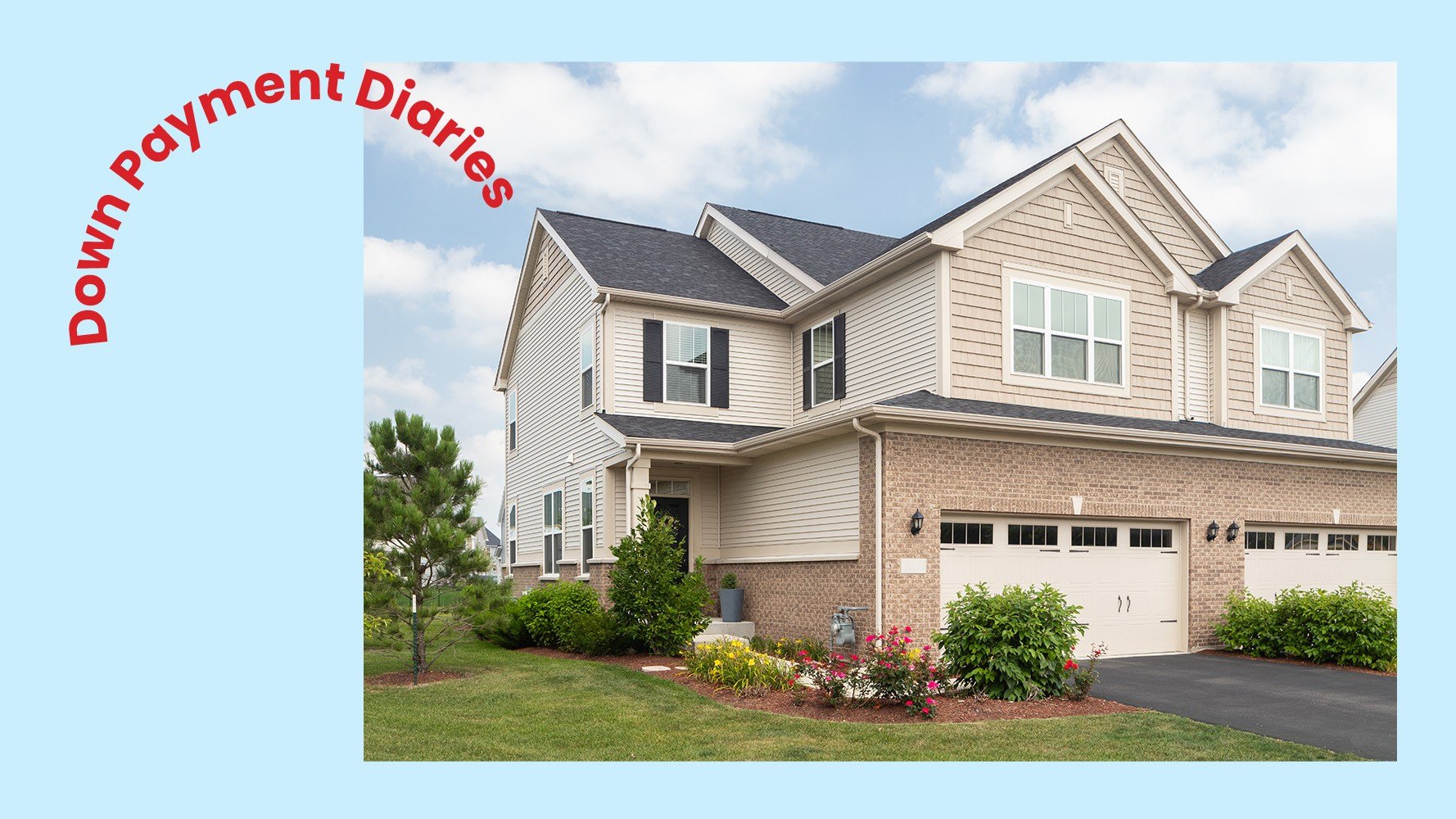C
hinese property managers are pivoting to new revenue streams as the domestic housing market stalls. With the sector’s growth decelerating, firms are expanding beyond traditional maintenance to offer services that cater to an aging population and rising pet ownership.
The slowdown is evident in the numbers. In 2024, the top 500 Chinese property‑management firms recorded a 3.7 % rise in revenue, reaching roughly $83.6 billion— a sharp contrast to the 22 % jump seen in 2021. Meanwhile, developers finished 740 million square metres of residential space, down 28 % from 2023, and the same 500 firms now oversee 19.3 billion square metres— 5 % more than the previous year and over 10 % above 2021 levels. Homeowners’ willingness to pay management fees has also slipped: only 74 % paid in 2024 versus 89 % in 2021, prompting many firms to cancel contracts and abandon nearly 50 projects in July‑August alone.
To counter these pressures, companies are turning to value‑added services. In Wuhan, a residential‑complex manager recently cared for a family’s chickens, feeding them, moving them to an air‑conditioned room, and calming them during quarrels— a gesture that earned a thank‑you poster. Such examples illustrate a broader trend: managers are willing to “adapt to a new reality” and seize fresh market opportunities.
Key new offerings focus on elder care and pet services. China’s population is aging rapidly; by 2035, over 30 % will be 60 or older. Shanghai’s pilot program, launched in April, encourages managers to provide basic elder support: a one‑time grocery run for 5 yuan, monthly garbage collection for 15 yuan, and doctor escorting for 150 yuan per visit. In parallel, the pet market is booming. Urban pet households reached 120 million in 2024, with a consumption spend exceeding 300 billion yuan— outpacing the number of children under four. Among the leading 30 firms, 43 % now offer boarding, 23 % provide care, and 13 % offer grooming. A viral Douyin clip of a security guard walking a dog in Zhengzhou highlighted the appeal of such services, prompting a comment that “only this level of property management will make me pay for management.”
These shifts are part of a broader strategy to offset the impact of the “three red lines” policy, which curbs excessive developer borrowing, and the persistent decline in property prices. By diversifying into elder and pet care, managers aim to boost competitiveness, create new demand, and build a stronger market reputation.














